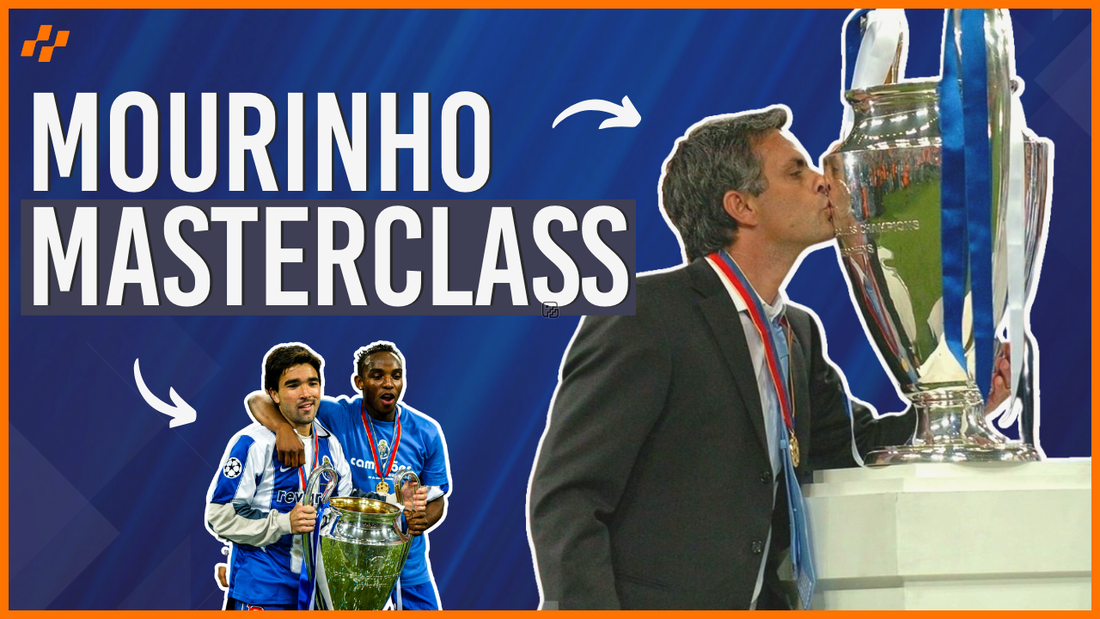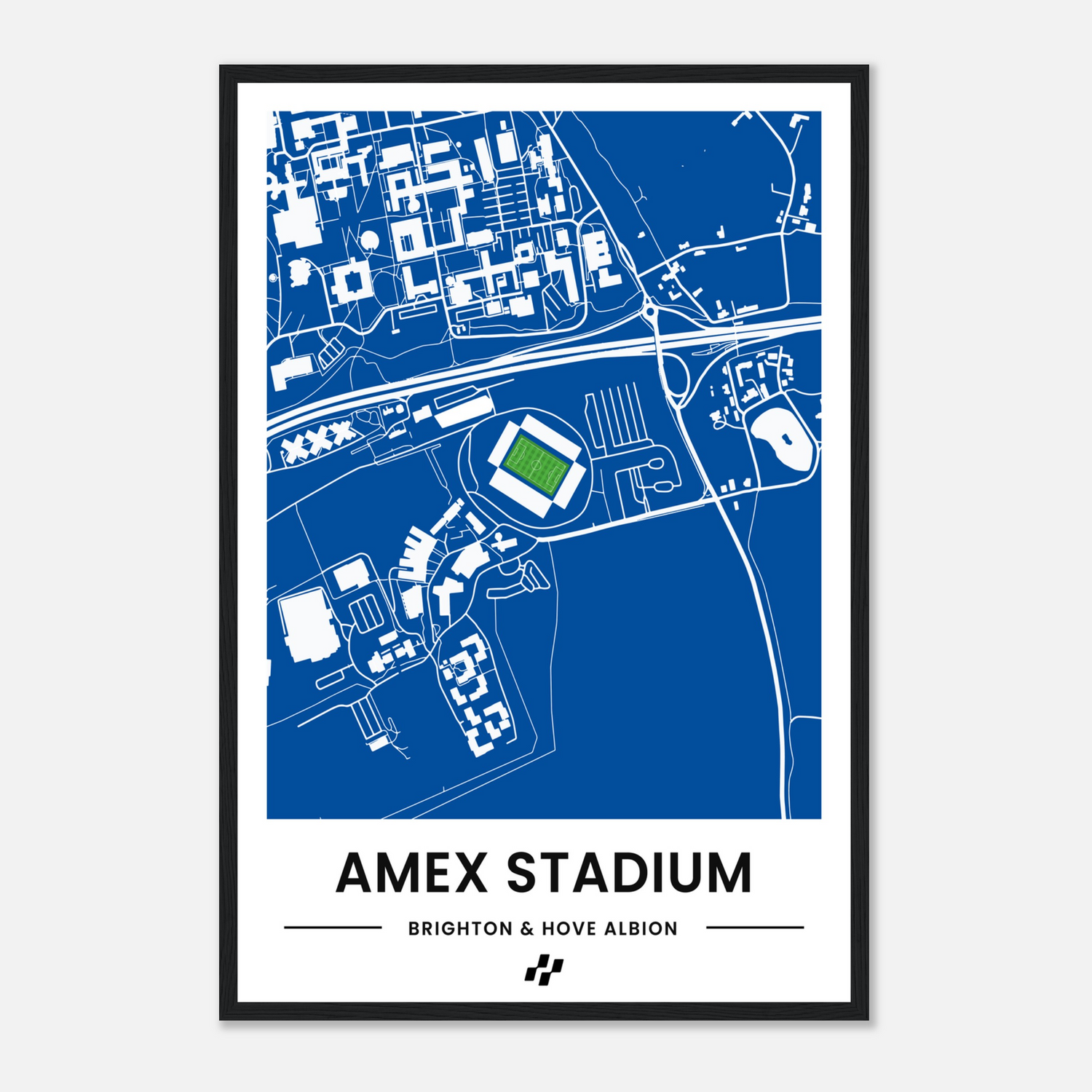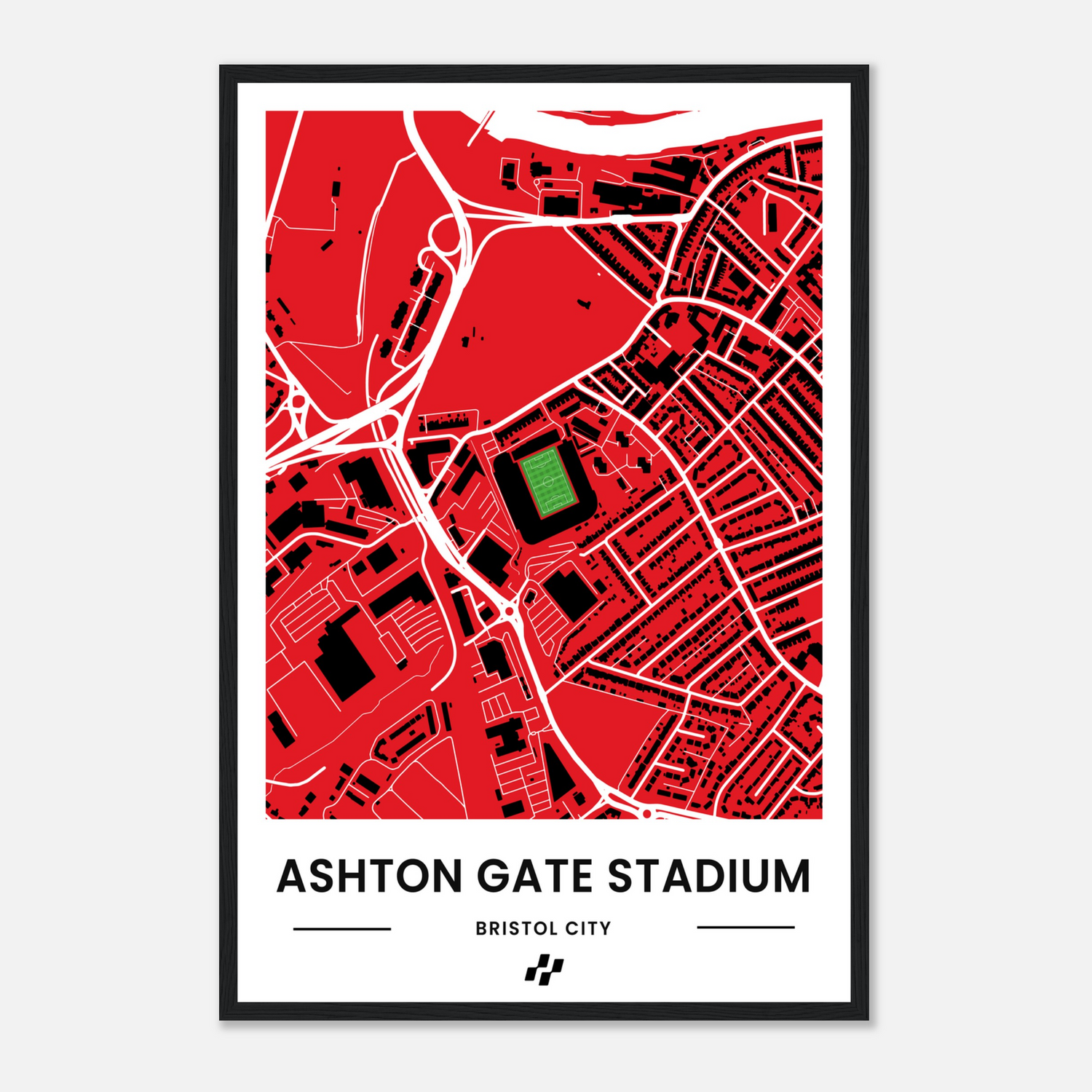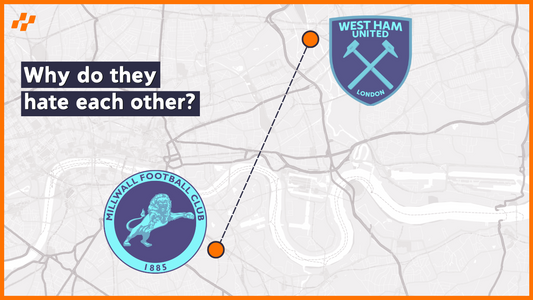
How Porto Won the Champions League in 2004: Mourinho's Masterpiece
Share
In the world of club football, the UEFA Champions League is considered the ultimate prize. It is a competition that brings together the best teams from across Europe, each with a dream of lifting the famous trophy.
In 2004, Underdogs FC Porto defied all odds by winning the Champions League under the guidance of the charismatic manager, Jose Mourinho. A true underdog story the likes of which the top tier of European football had not seen since Ajax in 1995.
This is the story of Mourinho’s masterpiece, how Porto beat the odds to win the 2004 UEFA Champions League.
Watch the video on our YouTube channel here
Route to the Final
Porto came into the season fresh off a treble that included the Portuguese domestic double and a UEFA Cup victory (now Europa league). Their chances of causing any of Europe's powerhouses real problems in the Champions League were slim. However, it was Mourinho's almost siege mentality, which inspired his squad to overcome the financial mismatch that they would face during the competition.
What is remarkable about that Porto team is how unremarkable it was. This was not a side that had been built up over many years: seven of the team that started the final had been at the club for two years or less.
Nor was it a side of youngsters who would stay as a unit for years to come. The average age of the starting eleven was 27.7, and besides goalkeeper Vitor Baia, not a single one of them remained at the club beyond the summer of 2005 with only the post-Porto careers of Paulo Ferreira, Ricardo Carvalho and Deco can be described as successes.
Throughout the tournament, Mourinho employed a pragmatic and disciplined approach, with a focus on defensive solidity and efficient counter-attacking play. Setting Porto in a 4-3-1-2 diamond formation.
Porto was drawn in Group F alongside Olympique Marseille, Partizan Belgrade, and Real Madrid. Real Madrid were clear favourites to top the group, with the games against Marseille and Partizan the most likely matches to help decide their fate in the group.
Porto's first match was at Partizan Stadium. A powerful header from defensive midfielder Costinha scored the opening goal in the 22nd minute, but Partizan equalised in the 54th minute ending the game 1-1. The following game, and Porto's first at the Estádio das Antas stadium was against Spanish powerhouse Real Madrid. Porto started extremely brightly, Costinha scored the game's first goal again early on. However, Madrid's Galácticos came back with goals from Helguera, Solari, and Zidane to win 3-1
After a disappointing start with only one point from their first two games, combined with Marseille’s confident 3-0 victory over Partizan, left Porto knowing that their next European match, the away tie in Marseille, was crucial if they were to have any chance of progressing to the next round. Porto went on a three-game winning streak, two against Marseille and one against Partizan at home, securing Porto's place in the first knockout round before the group stage's final game, a draw in Madrid.
Knockout Rounds
As they placed second in the group stages, Porto were destined to face one of the other group winners in the first knockout round, and were given one of the toughest draws possible: a match-up against Manchester United. Few expected Porto to have a chance in this match, which pitted their talented but inexperienced squad against a team filled with Champions League regulars led by Sir Alex Ferguson, one of the game's greatest managers.
In the first leg at home, after Manchester United took an early lead, Porto came back to win 2-1 with both goals scored by South African striker Benni McCarthy. Heading to Manchetser with something to hold onto.
All was to play for at Old Trafford in the second leg. Paul Scholes’ headed goal in the 32nd minute looked to be sending Mourinho out of the Champions League on away goals. Then the moment arrived. In the 89th minute, Goalkeeper Tim Howard flapped at Benni McCarthy’s free-kick, Costinha was the fastest to react, steering the ball into an empty net. It gave Porto the 3-2 aggregate lead, sending Mourinho sprinting down the touchline punching the air on his way to join his players in celebration.
Mourinho was increasingly making his presence felt in Europe. At the post match press conference, he said, “I understand why Ferguson is a bit emotional. He has some top players in the world and they should be doing a lot better than that. You would be really sad if your team gets as clearly dominated as that by an opponent who has been built on maybe ten per cent of the budget.”
Porto were through to the Quarter Finals, the remaining teams alongside Porto were Real Madrid, Chelsea, Arsenal, AC Milan, Monaco, Lyon and Deportivo. Porto managed to dodge the big teams and were drawn up against French side, Lyon. Lyon were on their way to a third French title out of seven in a row. Lyon were dispatched in clinical fashion, 2-0 at home in Portugal with goals from McCarthy and Ricardo Carvalho. The second leg was much tighter, finishing 2-2 in France. The world began to analyse just how Mourinho was achieving such success. It was clear that, while not necessarily a tactical innovator, he was a great enabler of team spirit.
In the Semi Finals, Porto were up against Spanish side Deportivo, who knocked out the defending champions AC Milan in the quarter-finals. Unlike the other semi-final which saw a 5-3 aggregate victory for Monaco over newly-wealthy Chelsea, this was a low-scoring affair, a cagey tactical battle between Mourinho and his counterpart Javier Irureta. The first leg finished 0-0, The 2nd leg followed the same pattern. However, a driving run into the box by Deco led to a foul and a penalty was awarded. Brazilian striker Derlei stepped up, and scored in the 60th minute.
Despite Deportivos best efforts, Mourinho had his side tactically well-drilled. Porto saw out the remainder of the game in an assured fashion, cementing their place in the final of Europe’s biggest club competition.
The Final
Monaco caused upsets by defeating both Real Madrid and Chelsea to claim a place in the final. Under Didier Deschamps, Monaco had a dynamic team with the likes of Fernando Morientes, Emmanuel Adebayor and Captain Ludovic Giuly. The game began with a lot of back and forth action. Monaco's star man Ludovic Giuly was subbed off due to injury in the 22nd minute, restricting them as an attacking force. This afforded Porto greater attacking freedom, which they used to devastating effect. Porto struck first, with a goal from Carlos Alberto in the 39th minute.
Monaco tried their best to equalise, but Porto's defence held strong. Going into the second half behind caused Monaco to open up and push further forward.
Such tactics played into Mourinho’s hands, Porto’s defence continued to hold strong, and allowed them to spring their trademark counter-attacks to devastating effect. Goals in as many minutes from Deco and Dimitri Alenichev sealed a 3-0 lead.
The final whistle catalysed a storm of celebration on the field. The Portuguese side had done it, they were champions of Europe. For the large part, Mourinho was understated. He kissed the famous trophy and held it aloft.
The success of Porto in the Champions League marked the beginning of a new era in European Football with the rise of Jose Mourinho “The Special One”. Mourinho reflected on his European success with Porto, saying, “I always say I didn’t celebrate it like a Champions League final, because it didn’t feel like a Champions League final – the game was very calm and controlled. I didn’t feel like a European champion after the referee blew the final whistle: I felt like a champion of Europe long before the game was finished”.





